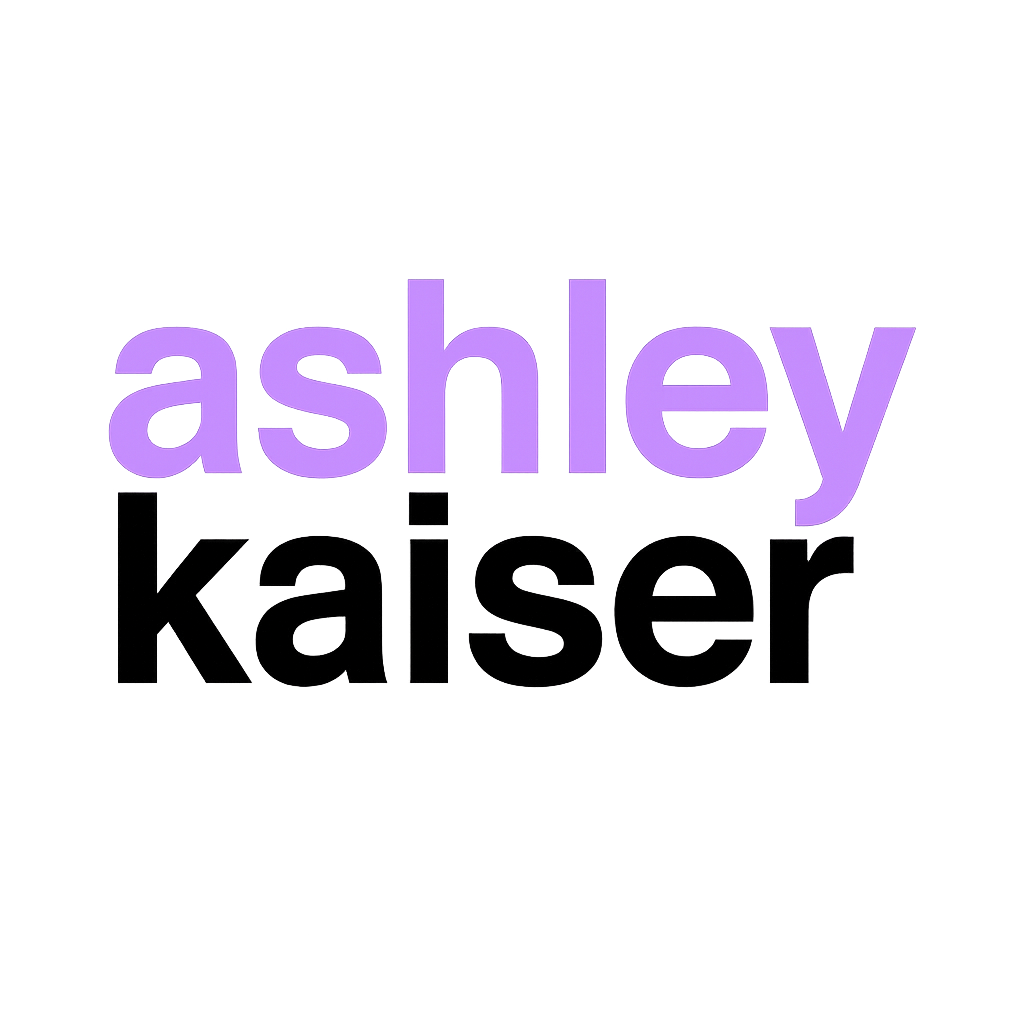4 Tips for Creative Project Management
Creative executions require creative expertise and leadership. Whether your organization is large or small, and whether you rely on internal or external resources (or both), here are a few pointers to keep in mind to help you avoid wasting time, money, and energy.
1. Strategy before tactics.
If you put the cart before the horse, you won’t get very far. Smart strategies drive effective tactics, not the other way around. You need to have a 30,000-foot vision to guide what happens on the ground. How will the project serve your greater business goals? Have you carefully considered who the audience is? What are the overarching brand messages you need to reinforce? How will you measure success? Beware of pseudo-strategy and bogus reasoning. Producing a video just because your competition has a video isn’t a strategy. Ubiquitous industry jargon won’t make you sound professional; it will make you sound boring. Words and tone matter. Purpose and goals matter. While it is true that sometimes tactics are needed to get things going, think of that as a test or pilot, and then don’t be afraid to take a pause, reassess, and refine a smart strategy to guide future tactics. Strategic thinking is about honing in on smart solutions. Maybe you need to refine your mission and vision. Perhaps a downloadable PDF is a more cost-effective solution than a video. Maybe an educational app would be more effective than a PowerPoint presentation. Save time and money doing the right things rather than wasting time and money (and confusing people) with the wrong things.
2. Spend wisely; hire the right people; delegate properly.
Spend wisely. Think of your brand creative as investment rather than expenditure. When you consider ROI and industry standards, you’ll make better decisions. Expecting a Ferrari with the budget of a bicycle is a recipe for disaster, but small budgets can inspire creative solutions. Hire the right people; delegate properly. Vet creatives with the same level of professionalism as other aspects of your business. There are many great creative recruitment resources out there; this is a great one. Even if you’re a small organization where everyone must wear many hats, know when to bring in expertise and delegate properly. Would you put an entry-level staff member in charge of your financial operations? Probably not, so why would you expect them to lead your brand creative? You may consider yourself a good writer, but that doesn’t mean you should write all the copy for your website. Your neighbor’s teenager may be able to build you a website for $500, but do they have the chops to make it an effective website? Take the time to draft a good RFP (request for proposal), vet a strong pool of candidates, and be open to their ideas and solutions. Consider whether they are a good cultural fit with you and your team. Then select the best person, or people, for the job - and let them do their job. Finally, stay abreast of your state’s laws for hiring freelancers.
3. Value Expertise.
Assessing creative work may be a somewhat subjective exercise, but it’s important to trust the experts you’ve hired, especially if your expertise is not in the branding or creative realms. You’re the client, and of course you have every right to tell a creative person, “No, I don’t like that.” However it’s important to give constructive feedback that drives forward progress and keeps people feeling motivated and engaged. In other words, don’t micromanage. It’s okay to ask questions and challenge assumptions, but it’s just as important to stay open to new ideas and perspectives. It’s also important to take responsibility for your part in the process. If the creative is missing the mark, before criticizing the work, consider your role in the process. Was your brief was too vague? Have you changed your mind? Do you keep changing your mind? Is there a clear decision maker, or are you experiencing “death by committee?” Tough conversations managed well can lead to important insights that drive better outcomes. But if confusion, stress, and anxiety come into play, it may be time to bring in an expert who has experience leading creative projects. They can help you avoid situations where a creative freelancer says, “I’ve put way more time into this than I’m being paid for,” or you find yourself asking, “How did this project end up costing so much?!”
4. Your S.O.W. is a project management tool.
The S.O.W. (statement of work) is an important document because it clearly states the challenge, and offers a clear solution that describes the scope of work in terms of approach, timelines, budget, deliverables, terms and assumptions. Creatives should craft their S.O.W. thoughtfully, so all parties begin the project aligned. Clients should read the S.O.W. thoroughly, and make sure they understand it. Everyone should refer back to the S.O.W. throughout the project and communicate regularly to keep everything on track. If scope changes occur, this document provides an important reference point of what was agreed upon at the outset and how unforeseen issues will be handled. Scope changes occur for a number of reasons: cancelled meetings delay progress, technical difficulties occur, people change their minds, people get sick, global pandemics happen, etc. Good creatives will alert you to a needed scope change before doing any extra work, so you can consider how you’d like to proceed. But it’s always a good idea to keep a sharp eye on progress on your end too. If deadlines are missed, or deliverables aren’t happening as promised, it’s important to ask questions and hold people accountable.
Summary
If you’re struggling with a creative project, remember to (1) establish a strategy before diving into tactics, (2) spend wisely, hire the right people, and delegate properly, (3) consider hiring an experienced creative leader if you don’t have that background, and (4) leverage the SOW to manage progress. I wish you well with all your creative endeavors. If you get stuck or feel overwhelmed, call me! I offer a free initial 30-minute consult and would love to help you work smart, not hard!
Ashley Kaiser is a writer and creative consultant offering smart creative solutions for business leaders and the creatives they hire.






